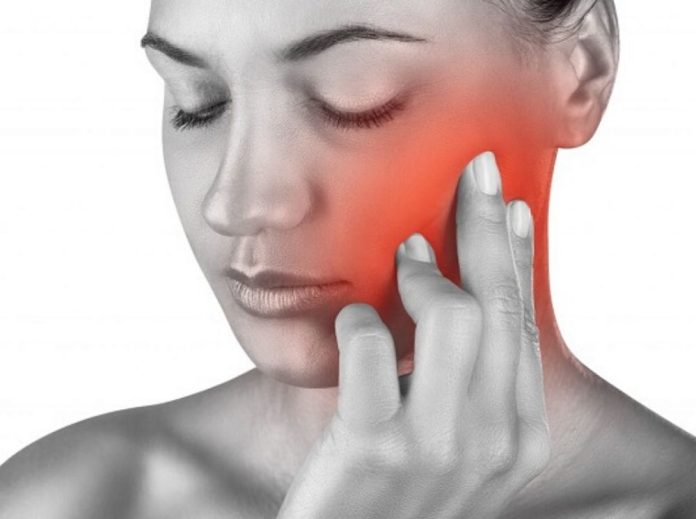The temporomandibular joint, or TMJ, is a small joint located in front of the ear that helps move the jaw. TMJ pain can be caused by several things, such as arthritis, injury, or stress. Symptoms of TMJ pain can include jaw soreness, clicking or popping noises when opening the mouth, and difficulty chewing. Several treatments are available for TMJ pain, including medication, physical therapy, and surgery. If you are experiencing symptoms of TMJ pain, be sure to speak with a specialist in TMJ Dundalk about the best treatment options for you. Here, we take an in-depth look at some of the causes of TMJ pain.
Table of Contents
Injury
The TMJ is a delicate joint and can be injured relatively easily. Injuries to the TMJ can occur from various sources, such as car accidents, sports injuries, or falls. If you experience an injury to the TMJ, you may notice pain, swelling, and difficulty moving the jaw. It is essential to seek medical attention for any injury to the TMJ to get the best treatment possible.
Arthritis
Arthritis is a common condition that can cause pain and inflammation in the TMJ. Arthritis is a joint disease that causes pain, stiffness, and swelling. The symptoms of arthritis can vary depending on the type of arthritis. If you have arthritis in the TMJ, you may experience jaw pain, clicking or popping noises when opening the mouth, and difficulty chewing. There is no cure for arthritis, but there are many treatments available that can help to manage the symptoms.
Stress
Stress can also be a factor in causing TMJ pain. When we are stressed, our body releases hormones such as adrenaline and cortisol. These hormones can cause the muscles in the jaw to tense up, which can lead to pain and inflammation in the TMJ. If you are experiencing stress-related TMJ pain, you may find that relaxation techniques such as yoga or meditation can help to relieve the pain.
Overuse
If you use your jaw muscles a lot, such as chewing gum or grinding your teeth, you may experience pain in the TMJ. This is known as overuse syndrome and is a common cause of TMJ pain. Overuse can lead to inflammation and damage to the joint, which can cause pain and difficulty moving the jaw. This is especially common in people who clench their jaws, such as musicians or dental professionals.
Bruxism
Bruxism is the term used to describe the habit of grinding your teeth. Bruxism can cause pain and inflammation in the TMJ and lead to tooth damage. If you suspect that you may be bruxing, speak with your dentist. Several treatments are available for bruxism, including dental guards and mouth exercises. Your doctor may also recommend medication or therapy to help you break the habit of bruxing.
In summary, the TMJ is a small joint located in front of the ear that helps move the jaw. TMJ pain can be caused by several things, such as arthritis, injury, or stress. Other less common causes include overuse and bruxism. Many treatments are available for TMJ pain, including medication, physical therapy, and surgery. If you are experiencing symptoms of TMJ pain, be sure to speak with your doctor about the best treatment options for you.
















